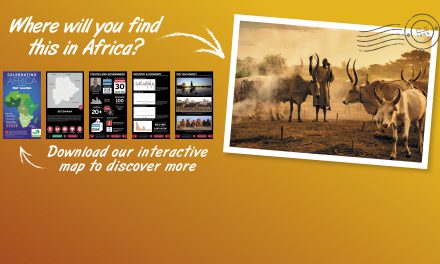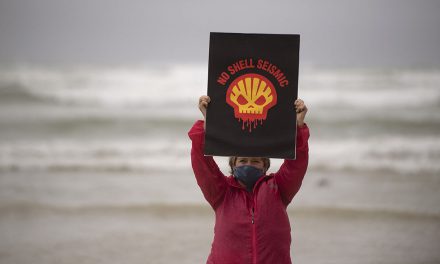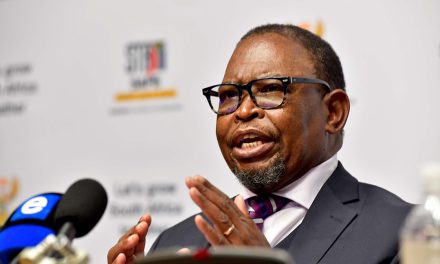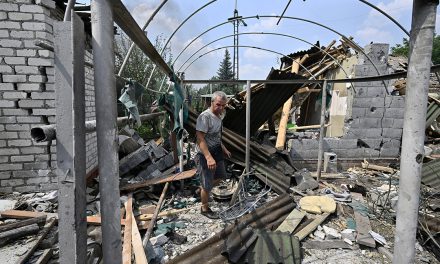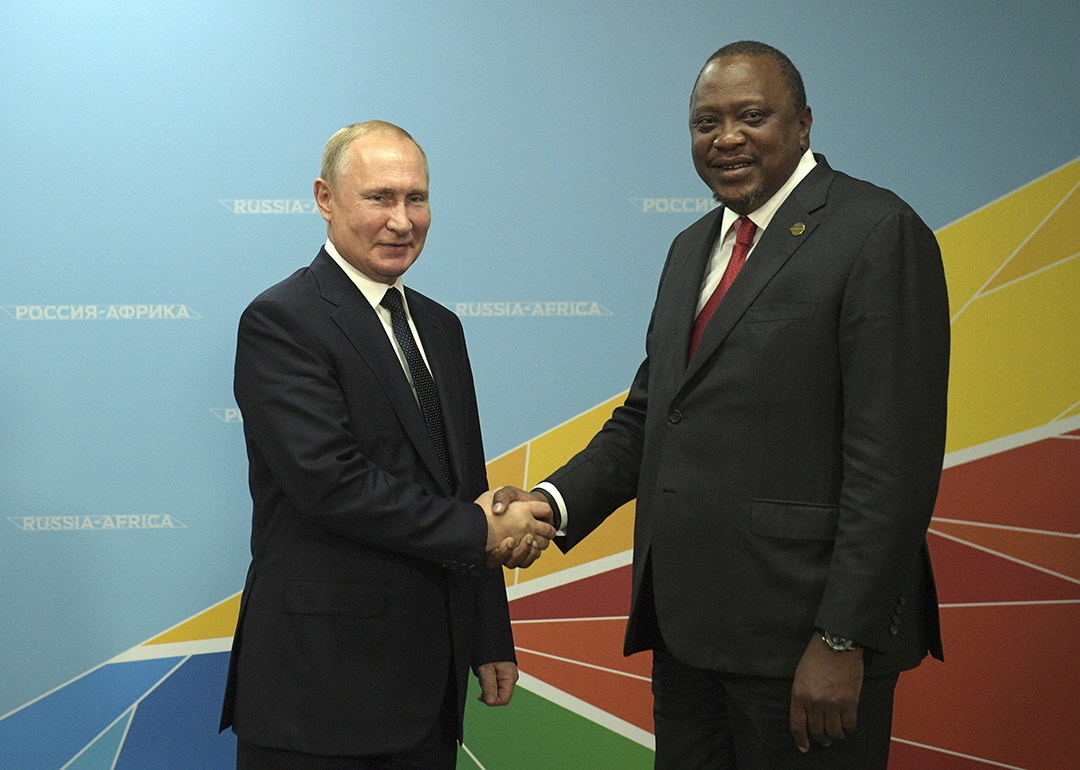
Russian President Vladimir Putin meets with Kenya’s President Uhuru Kenyatta on the sidelines of the 2019 Russia-Africa Summit in Sochi on 24 October 2019. Photo by Alexey Druzhinin/AFP
President Vladimir Putin is fast escalating the kind of brinkmanship which history teaches us will lead to another world war if it is not skilfully contained.
Good Governance Africa condemns Russian aggression and the invasion of the Ukraine in the strongest possible terms. The repercussions of this behaviour are truly global, and the negative impact on African countries cannot be overstated.
In the first instance, the oil price is hovering around the $100/barrel mark, something not seen since 2014. While in the short run this is good news on the surface for oil-exporting African countries, it is economically destructive in the medium to long term. African oil exporters do not refine enough of their oil domestically to avoid fuel imports. Oil rents may temporarily provide a buffer to fund fuel subsidies, but this crowds out the incentive to add value locally. Most African countries are net fuel importers. When the oil price escalates on the back of global insecurity created by Russia, import-driven inflation skyrockets, driving up transport and food prices. This eliminates expenditure potential on other items, rapidly reducing economic activity and wealth.
Second, an unstable global order opens African countries up to the kind of Cold War chess that we thought we’d seen the end of in 1989. At Good Governance Africa, our vision is to see a well-governed set of African nations that are not subject to being pawns in the game of great powers’ national interests. Putin already appears to have exploited the vacuum in Mali of French troop withdrawal, and the hunger for natural resource acquisition has exposed African countries to value-destructive deal-making. The resource curse literature is clear that unless institutional quality is strong at the time resource wealth is discovered, elites will benefit at the expense of most citizens. The task of building strong institutions is made near impossible in the context of severe global instability.
Third, from a peace and security perspective, Putin’s aggression has undermined the very fabric of a post-Cold War order that Russia has been integral to maintaining. Its actions make a mockery of the UN Security Council (UNSC) of which it is a permanent member. The fact that Putin has openly threatened the nuclear option is brinkmanship on a new level. It is downright ludicrous for a permanent member of the UNSC to threaten nuclear warfare. It puts the West in an extremely difficult position, however, as European countries are heavily dependent on Russian gas, and US companies such as Exxon are deeply invested in Russian oil companies. Any sanctions against Russia, especially including the most recent which exclude it from the Swift international payments system, will hurt the West but may also drive increased Russian aggression as Putin will increasingly sense he has nothing to lose. Moreover, models which treat Putin as a rational, self-interested actor may well be inapplicable if Putin’s recent 5000-word essay is anything to go by. Nationalists with imperial ambitions and USSR-nostalgia are difficult to reason with.
Finally, Good Governance Africa calls on all citizens across the globe to stand up against Putin’s violent, unprovoked violation of Ukraine’s sovereign and human rights. And we stand in solidarity with Ukranian and Russian citizens who are bravely fighting back and standing up against their own government respectively.
[activecampaign form=1]
Dr Ross Harvey is a natural resource economist and policy analyst, and he has been dealing with governance issues in various forms across this sector since 2007. He has a PhD in economics from the University of Cape Town, and his thesis research focused on the political economy of oil and institutional development in Angola and Nigeria. While completing his PhD, Ross worked as a senior researcher on extractive industries and wildlife governance at the South African Institute of International Affairs (SAIIA), and in May 2019 became an independent conservation consultant. Ross’s task at GGA is to establish a non-renewable natural resources project (extractive industries) to ensure that the industry becomes genuinely sustainable and contributes to Africa achieving the Sustainable Development Goals (SDGs). Ross was appointed Director of Research and Programmes at GGA in May 2020.


